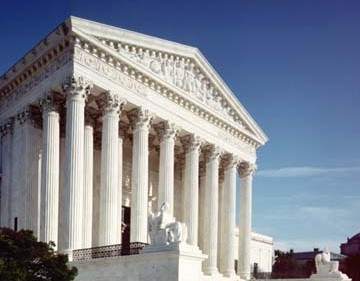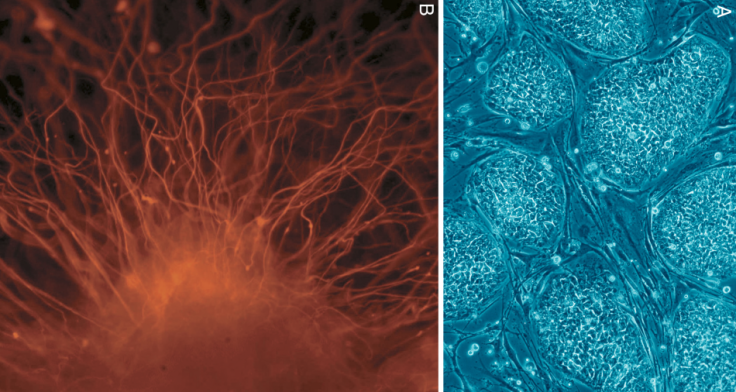‘Great Day for Science’ as US Supreme Court Throws Out Appeal to End Stem Cell Research Funding

The US Supreme Court has ended an effort to stop human embryonic stem cell research by refusing to even hear the case.
This follows a three-year campaign by two scientists whose funding was depleted following a new presidential directive in relation to stem cell research.
When Barack Obama became president in 2009, he issued an order that expanded federal funding for research involving stem cells in the hope it would result in cures for diseases such as Parkinson's, Alzheimer's and spinal cord injuries.
He also lifted restrictions that his predecessor, George W Bush, had put in place in regards to embryonic stem cells. Opponents to research of this kind, including religious conservatives, say it is wrong because human embryos are destroyed during the research.
Under US law, the National Institutes of Health is banned from funding the creation of human embryos, or research where human embryos are discarded or destroyed.
However, Obama's new guidelines allow researchers to use stem cell lines from embryos from fertility clinics, which would have been discarded anyway.
The two scientists challenged the legality of this measure, saying it violates the 1996 federal law that bans the taxpayer from financing work that harms embryos.
James Sherley of the Boston Biomedical Research Institute in Watertown, Massachusetts, and Theresa Deisher, the chief executive officer of AVM Biotechnology in Seattle, Washington, (who both work with adult stem cells rather than embryos) say the move is draining funds for their own work.

Their case first emerged in 2010, when Judge Royce Lamberth, of the US District Court for the District of Columbia, shocked the research community by shutting down all NIH-funded experiments for 17 days, until a higher appeals court lifted the injunction.
In August 2012, the US Court of Appeals for the District of Columbia Circuit ruled against Deisher and Sherley, saying the NIH had reasonably interpreted the 1996 law.
The plaintiffs then took their case to the Supreme Court as a last resort, but were rejected without the case even being aired.
Douglas Melton, the co-scientific director of the Harvard Stem Cell Institute in Cambridge, Massachusetts, told Nature: "We couldn't be happier that this frivolous, but at the same time potentially devastating distraction is behind us."
Amy Comstock Rick, the president of the Coalition for the Advancement of Medical Research in Washington, DC, said: "What a great day for science."
George Daley, an NIH-supported stem cell researcher at the Children's Hospital in Boston, added that the ruling spells relief from the "nagging worry" that funding "could be cut off at any time".
A lawyer for the plaintiffs expressed disappointment at the Supreme Court's refusal to hear the case.
© Copyright IBTimes 2025. All rights reserved.




















